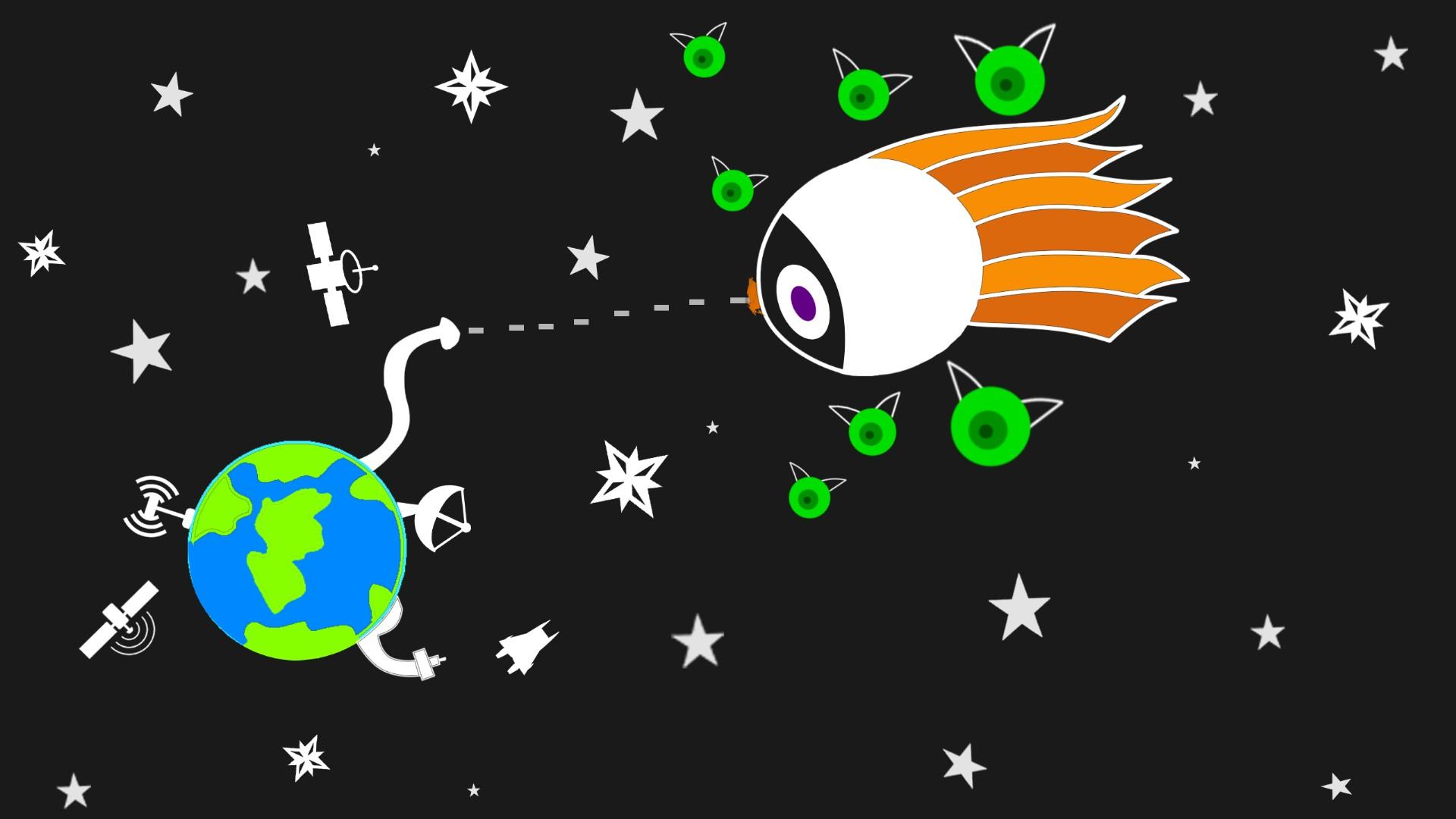
Decoding IQ: What an 'Average' Score Really Means for Your 12-Year-Old
The average IQ score for a 12-year-old is 100. But here's the surprising part: the average IQ for a 7-year-old is also 100. The same goes for a 25-year-old, a 40-year-old, and a 70-year-old. The average IQ score for any age group is always 100.
It's a bright Tuesday morning here in Indonesia. Kids are heading off to school, and as a parent, it's natural to think about their progress. You see them tackling more complex homework, forming deeper friendships, and developing their own unique personalities. In these moments of reflection, the topic of intelligence, and specifically the concept of "IQ," often comes to mind. You might find yourself wondering, "What is the average IQ for a 12-year-old, anyway? How does my child stack up?"
It’s a fair question, but the answer is a bit of a trick question itself. Understanding why the average is always 100 unlocks the entire mystery of what an IQ score truly represents—and what it doesn't. So, let's dive in and demystify this often misunderstood number.
The Big Secret: Why 100 is Always the Average
The reason the average IQ score is consistently 100 isn't because human intelligence never changes. A 12-year-old can obviously solve far more complex problems than a 6-year-old. The secret lies in how IQ tests are designed and scored through a process called standardization.
Think of it like a special kind of growth chart. On a height chart for kids, there are lines for the 50th percentile (the average height) for each age. An IQ test is like a growth chart for certain cognitive abilities. On this chart, the line for the 50th percentile is intentionally set at the number 100 for every single age group.
Here's how it works:
-
Test Creation: Psychologists create a test with various questions designed to measure skills like reasoning, memory, and problem-solving.
-
Norming: They give this test to a massive, diverse group of people (the "norming sample"). For a child's test, they'll test thousands of 12-year-olds, thousands of 11-year-olds, and so on.
-
Finding the Middle: They analyze the raw scores (the number of questions answered correctly) for each specific age group. They find the median raw score for all the 12-year-olds.
-
Setting the Standard: That median raw score is then assigned the value of 100.
So, an IQ score is not a measure of how many "units of intelligence" you have. It is a relative ranking that shows how you performed on the test compared to other people of your exact same age. A 12-year-old who scores 100 didn't get 100 questions right; they scored better than 50% of the other 12-year-olds in the norming sample and worse than the other 50%. They are smack-dab in the middle of their peer group.
The Famous Bell Curve: What Do Other Scores Mean?
IQ scores are designed to fall along a normal distribution, famously known as the bell curve. This shape shows us how scores are distributed across the population.
-
The Peak (100): The very top of the bell is the average score of 100, where the largest number of people fall.
-
The Average Range (85-115): The curve is steepest on either side of 100. This area, between 85 and 115, represents one standard deviation (a statistical measure of spread, which is 15 points on most IQ tests). About 68% of the population—or roughly two out of every three people—will have an IQ score in this range. This is considered the broad range of "average" intelligence. So, if your 12-year-old has an IQ of 92 or 108, they are right there in the middle of the pack with the majority of their peers.
-
Above/Below Average (115-130 and 70-85): As you move further from the center, the curve flattens out, meaning fewer people score in these ranges. Scores between 115 and 130 are typically considered "above average," while scores between 70 and 85 are "below average."
-
The Extremes (Above 130 and Below 70): Only about 2% of the population scores above 130 (often considered "gifted"), and about 2% scores below 70 (which may indicate an intellectual disability, though a diagnosis requires much more than just one test score).
What Does an IQ Test Actually Measure in a 12-Year-Old?
It’s crucial to know that an IQ test is not a test of knowledge, history, or anything you'd study for in school. You can't "ace" it by memorizing facts. Instead, it's designed to measure a person's underlying cognitive processing skills. For a 12-year-old, whose brain is rapidly developing its capacity for abstract thought, these tests typically assess:
-
Fluid Reasoning: The ability to solve new and unfamiliar problems using logic (e.g., recognizing patterns, solving visual puzzles).
-
Working Memory: The ability to hold information in your mind for a short time to work with it (e.g., remembering a sequence of numbers and repeating them backward).
-
Verbal Comprehension: The depth of a person's vocabulary and their ability to understand and reason with language.
-
Processing Speed: How quickly and accurately a person can scan and perform simple, repetitive tasks.
-
Visual-Spatial Skills: The ability to analyze and mentally manipulate visual patterns and shapes.
The Big Caveat: What an IQ Score Doesn't Tell You
This is the most important part of the entire discussion. An IQ score is a single data point—a snapshot of a specific set of abilities on a specific day. It is not a measure of a person's destiny, value, or overall potential.
An IQ score does NOT measure:
-
Creativity and Imagination: The ability to generate new ideas or create art.
-
Emotional Intelligence (EQ): Empathy, self-awareness, and social skills.
-
Grit and Resilience: The determination to work through challenges and bounce back from failure.
-
Motivation and Passion: A person's drive and what they truly care about.
-
Character and Kindness: Honesty, integrity, and how they treat others.
Think of it this way: a car's horsepower is one metric of its potential. But that number tells you nothing about the skill of the driver, the car's fuel efficiency, its safety features, or its beauty. A person is infinitely more complex than a car. An IQ score is just the horsepower; it doesn't define the whole person.
The Bottom Line for Your 12-Year-Old
So, the average IQ for a 12-year-old is 100. But this number simply means they are developing on a typical cognitive track compared to their peers. It's a useful metric for psychologists and educators to identify potential learning strengths or weaknesses, but it's not a label to be worn.
Your 12-year-old is a universe of potential. Nurture their curiosity, encourage their passions, praise their effort (not just their grades), and teach them to be kind and resilient. Those are the qualities that will truly define their success and happiness in life, no matter what a number on a test says.









